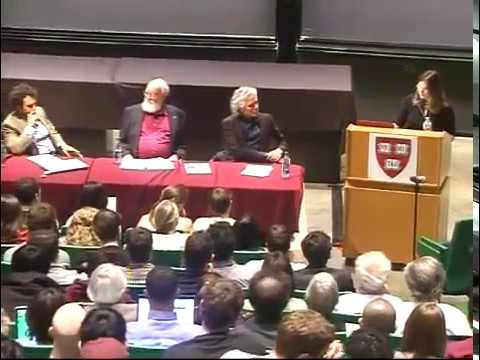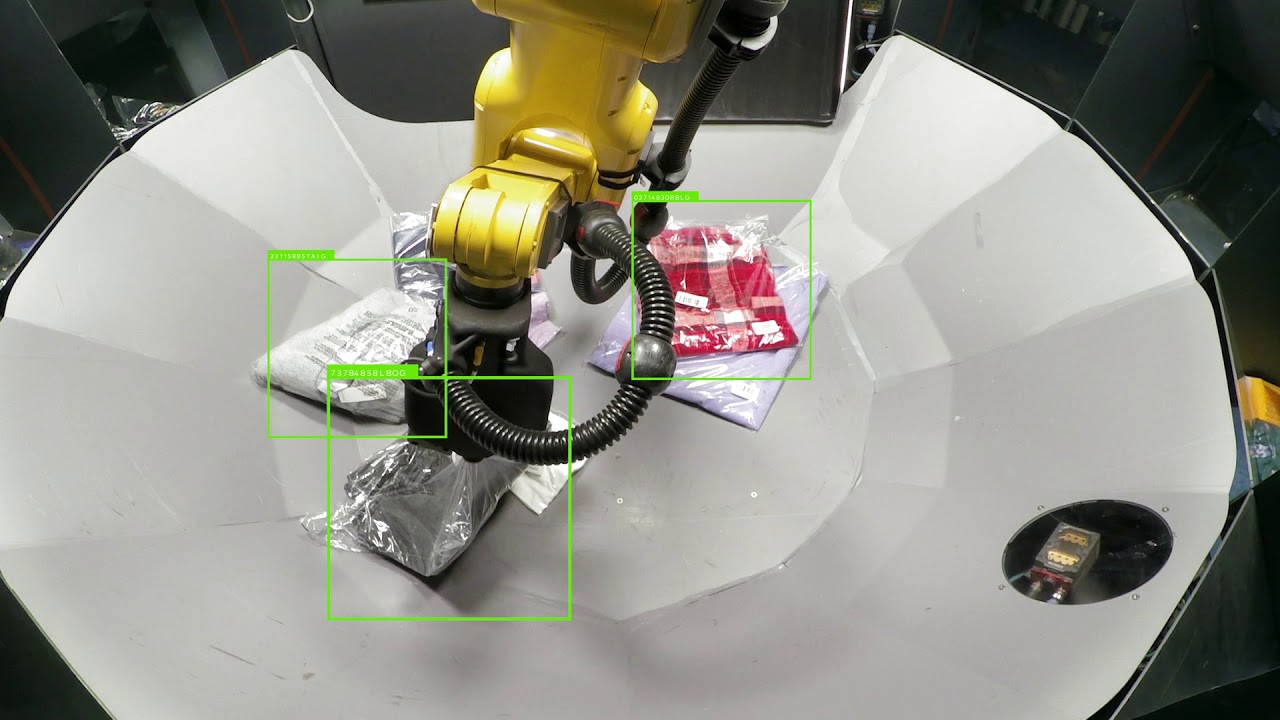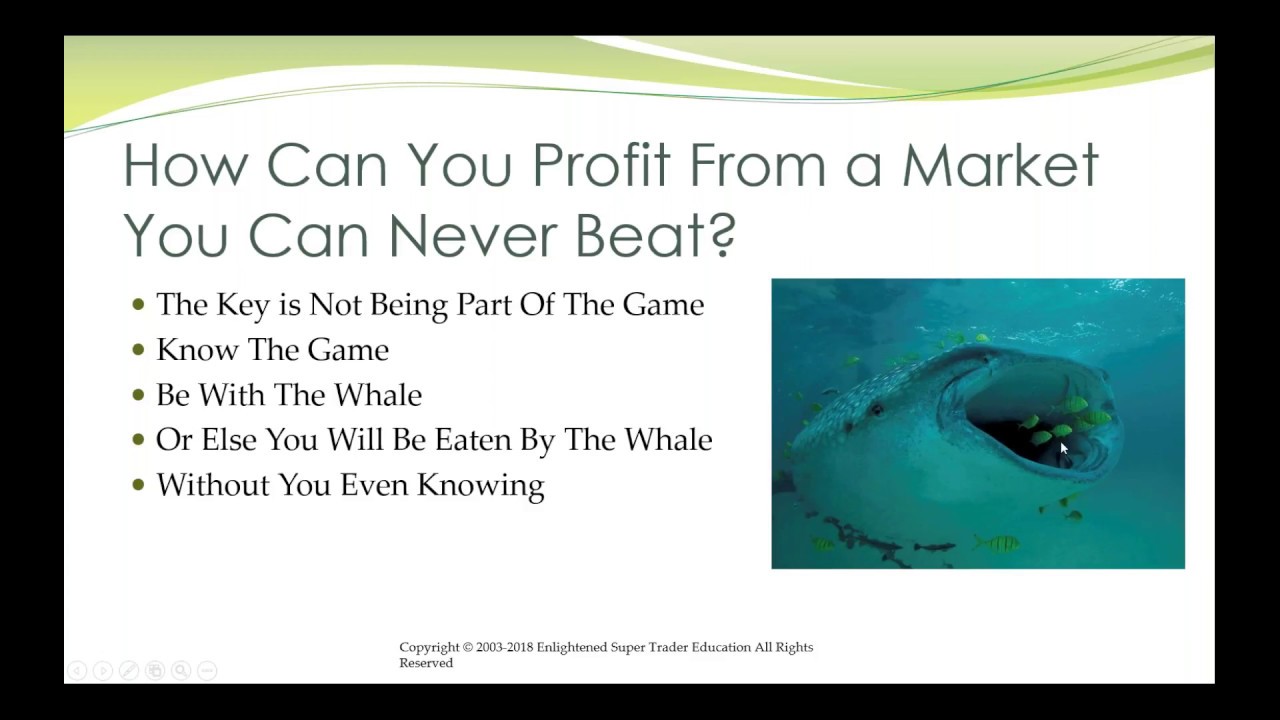mehranshargh
A Discussion on Free Will with Daniel Dennett, Joshua Greene, and Steven Pinker
Special event held by Harvard Society for Mind/Brain/Behavior, the undergrduate student organization affiliated with the MBB Initiative, on April 27th, 2012. Timings on the video as follows:
4:20 Daniel Dennett
25:12 Joshua Greene
43:03 Steven Pinker
1:01:57 Discussion
1:19:25 Q&A
Source
A Battle of Wills: Daniel Dennett, Joshua Greene, and Steven Pinker- Harvard MBB April 27 2012




Cowan is describing his work, and Dennett is responding using rapaport's rules. Having Dennett go first costs the program a lot. It very much puts the cart before the horse, and its unfair to Cowan.
Thanks for posting this. It's always great to see these guys on stage and we just got a new response to the impending Trump presidency…it's not even wrong….
Dennett has a strange sort of learning, a sort of learning where he always learns that his conceptions were right all along, only in new and interesting ways.
Agreed with forty-two. In any case, I find Dennett's definition of "control" to be really strange. One questioner asked what he means by "control" given that everything is the product of genes and the environment (1:26:00).
Dennett responds by saying that a controlling agent can act on a system with a certain number of degrees of freedom, and put it into a different state "by will". But isn't there an obvious problem of saying that the controller does things "at will" if all of its actions are determined by the environment? If this is all one means by the will, then by this logic, can't you describe a volcano as a controlling agent, because it allows magma to escape the earth's crust and turn into lava?
I don't think the lack of genes in a volcano makes any real difference, its merely just another way for actions to be controlled; i.e. through biology instead of geological activity. This is what I never understood about compatibalism. Whatever they talk about when they say free will, is clearly not free will. Its just some make believe state where they pretend that words have different meanings than what they really do. "By will" is a totally meaningless statement in a determined universe.
To me you are either completely determinist, or you accept that real free will exists, however mysterious and unexplainable it might be. There is no such thing as determinism leading to free will, and I usually find those that try to combine them have to resort to word games or unclear definitions of "willpower", that when examined more closely, lead to contradictory results.
Your level off free will is something you develop through the right type of conditions that you may choose to support the development of. Although chance may be a deciding factor in this development it is never the less an emergent phenomenon assisted by both personal and environmental conditions just like learning an instrument. It may even be viewed as an accomplishment that only emerges after tremendous effort.
Daniel Dennett is just wrong on the issue of free will. I don`t understand why he just don`t say: "i feel like I have free will on a day to day basis, and I`m happy with that"
steven pinker is brilliant
theoretical physicists do not agree about whether the universe is deterministic or probabilistic so why do these fools constantly assume that it is deterministic? the answer to the question of whether we have free will is simple. No one knows.
I think Dennett and Greene are talking past each other because Greene's classification is a little off. Dennett is right that every retributive punishment is also a deterrent, but Green's main thesis is valid in that the harshness of a punishment should be based solely on the level of deterrence wanted and not on an emotional reaction. Rather than Greene's Venn diagram, a better classification would be to put all punishments on a graph with axes of "harshness of punishment" and "extent of deterrence accomplished". All punishments should then fall onto the same line/curve, and those that fall on the "harshness of punishment" side of the curve are probably instances where we are letting our gut sense of retribution get in the way of a logical analysis (Greene's right sliver). This classification also lets us analyze the flip side that Greene hasn't: situations like white collar crime where more deterrence may be necessary but our lack of a gut sense of retribution has lead to too soft of punishments. In this way, a lessened/mechanical view of free will can help fix bias errors on both sides.
Why would Dennett keep on about a signed contract. What generation has ever been given the opportunity to sign or not sign on a contract.
so a killer deserves to be killed and a rapist deserves to be raped? ( at infinitum?
What do people generally think of Harvard? From some of you who have an outside perspective?
I almost always hate Q and A. This first question is so bad.
I've heard of Dennett and Pinker and love their work but never heard of the other guy.
All the scholars and philosophers use Mac computers and it's ironic and hilarious how many lectures have technical difficulty LOL
3:49 skip the uptalking vocal fry introduction
Atheism is the foolish excuse for not seeking the ABSOLUTE.
We want to live in a world in which instant karma exists. But instant karma doesn't exist. So we create a simulation of it by the use of retributive justice. This is why I believe in retributive justice.
XOX
Dennett is insufferably pompous, IMO. He presents himself as a soft talking, genial, grandfatherly figure, but if you look at the contents of his speech when he disagrees with people, he is continually EXTREMELY condescending. When he says things like "when they trot this argument out" rather than simply "present/make this argument" it's an intentional choice of words to make the person he disagrees with sound stupid/foolish. He's not having a discussion, he's talking down to them. He just does it in a gentle voice.
His review of Sam Harris' book was just dripping with condescension and back-handed compliments.
This train went off the rails.
Dennett 4:00
Greene 25:15
Pinker at 43:00 to 1:01:50
Assuming that we are in a closed system (bus) and are moving to the same end, what is the the matter if there is a free will?
Loved the discussion, but I cringed when pinker asked the catholic lady to jump the queue (though her question was one of the better ones).
What about B. Libet and negativity?
I disagree with Dennett and I think it comes down to his notion of "could have done otherwise". His explanation of this position seems to come down to "If things had been just a little bit different". one flipped bit. But reality isn't fussy. It is never the tiniest bit different to way it actually is. The entire point of the free will debate is arguing about control, influence of the agent at decision points. Having no control whatsoever at any point, doesn't magically become control just because all your deterministic machinery would have needed to produce a different outcome was a slight nudge. It is ultimately saying something terribly mundane. "If things were different, you might have done otherwise" or it is saying something more profound "If things were exactly the same again, you might do otherwise". It sees though, that everyone, including Dennett disagrees with the latter point.
Compatibilists, in my opinion, are just playing language games when they claim we have free will. I think they know that they are using to free will to mean what everyone else means when they talk about not having free will.
There is certainly a conversation to be had on where the lines are drawn between what might be called coerced versus non-coerced action. i.e. what phenomena count as coercion/interference and which do not.A brain tumour is literally part of a person's body. A (mal)functioning of cells that to some extent may even be a part of the person's genetic makeup/propensity. Most people would see a brain tumour that affects a person's behaviour as being as external influence on the "true" or "real" person. At the very least, I think most people can understand this intuition. There is a whole lot of digging to be done philosophically before the weeds are cleared down that particular path.
I wonder sometimes if human intuitions about so very many concepts are so prevalent in this particular discussion that trying to get past them is ultimately futile. 🙂
Good to see that analytic philosophy has dealt with its gender problem